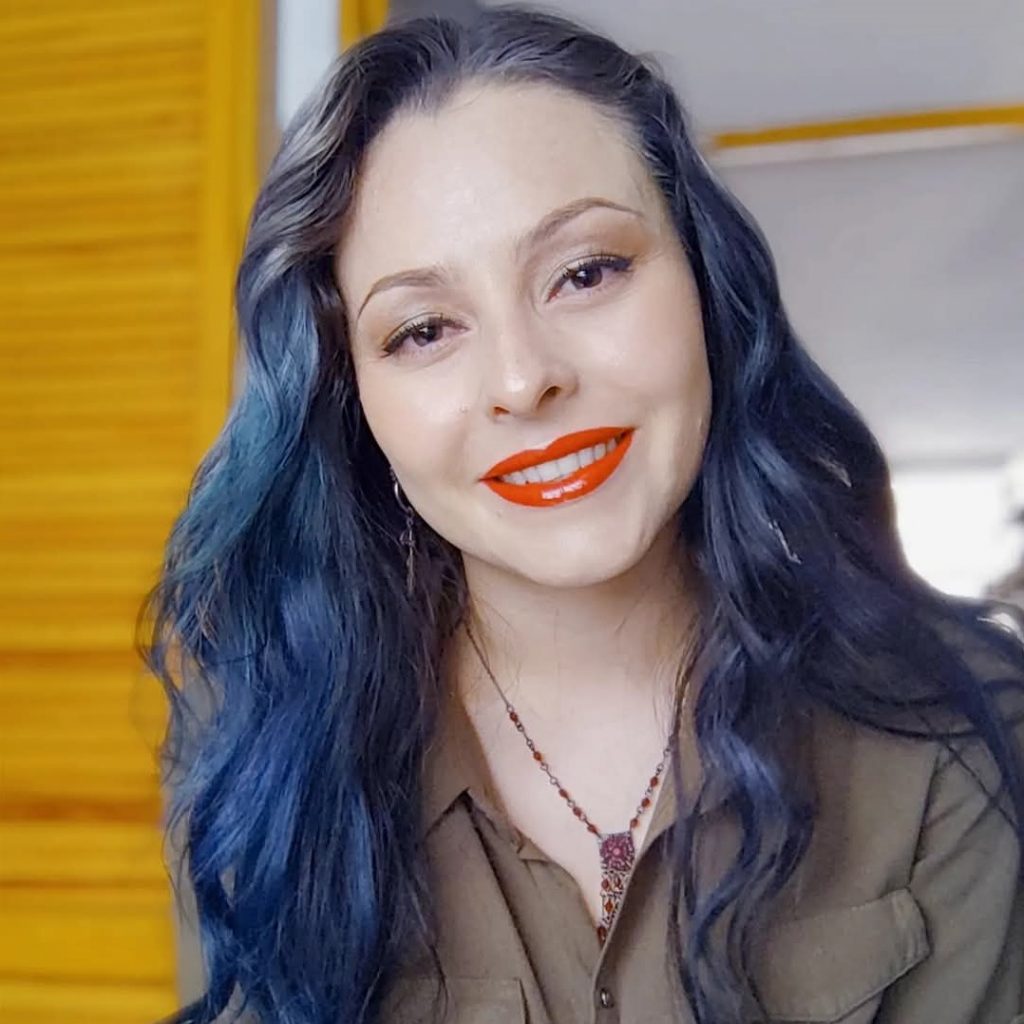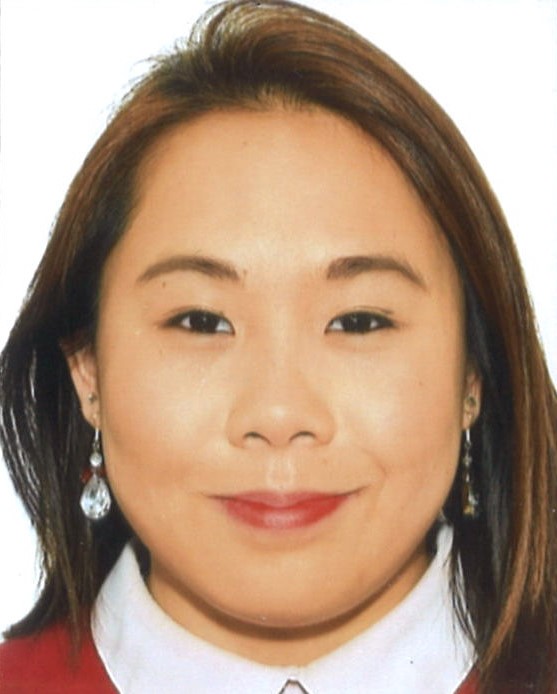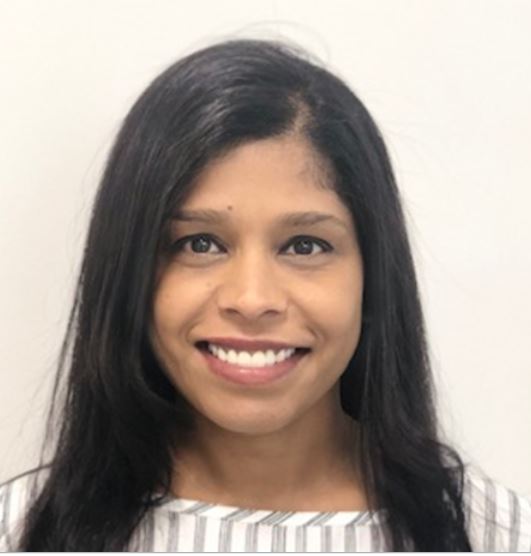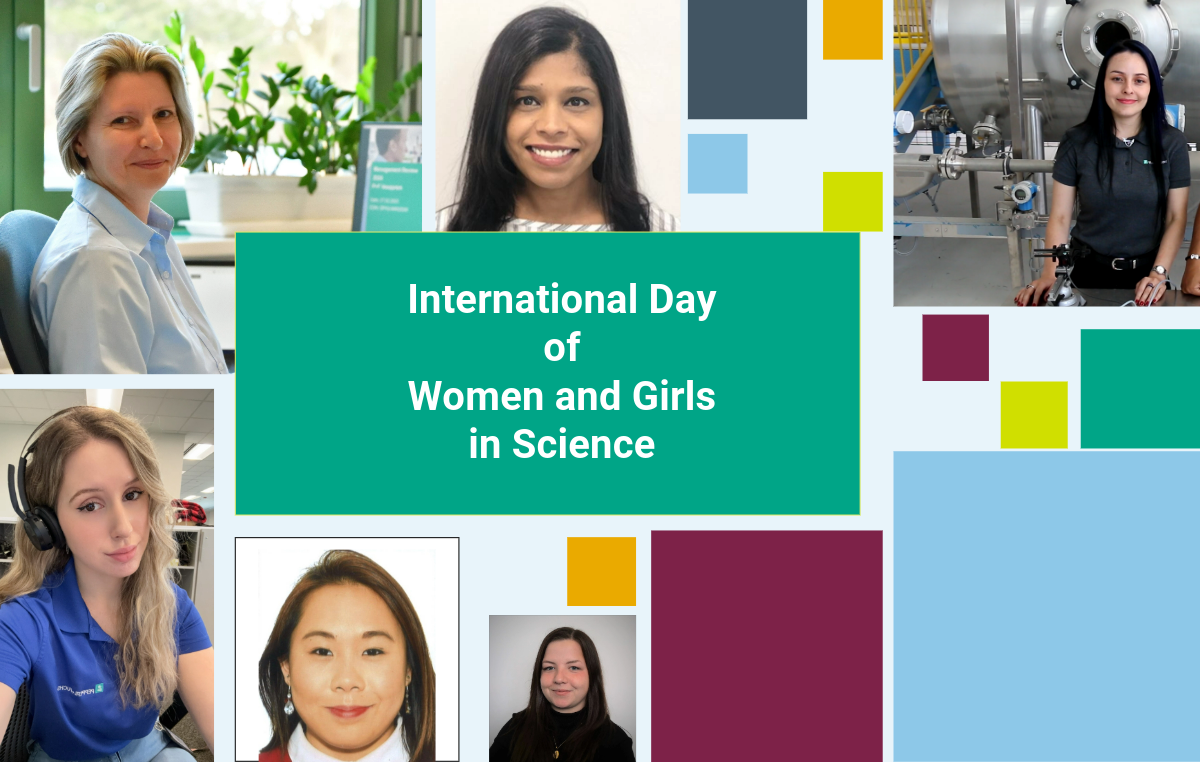Today, on February 11, we celebrate the International Day of Women and Girls in Science – a day that raises awareness of the importance of equal opportunities and diversity. We want to take this opportunity to honor some of our colleagues who contribute to science with their work and passion. In short profiles, they share what fascinates them about science, what developments they see, and what advice they have for young women in science. Today, we begin with the first part, where we share these inspiring stories – stay tuned for part 2!
Jessica, Technical Support Supervisor at Pepperl+Fuchs in Mexico

- Area of expertise: Industrial Automation
- What got you into science? I remember that when I was a student, I had the idea of dedicating myself to the educational field. However, up until that point in high school my background was not technical, I had only known the social sciences. It wasn’t until a friend told me about studying “Industrial Automation” and motivated me to get to know the area and the school where he was studying. It was then that I became interested in an area that was completely unknown to me.
- What helps you stay motivated and confident (in a field that is dominated by men)?
I have to admit that, at first, it was challenging to be a woman who knew nothing about the technical field, and who somehow had to deal with the sexist thinking of both colleagues and teachers. However, I was fortunate to come from a family of hardworking women, who never limited themselves to a specific “men’s” or “women’s” role. For example, when I started my engineering studies, I went from being the student with the most questions to being the final engineering project leader. On the other hand, I’ve also been surrounded by many men who supported me and trusted in my abilities, such as my husband, my brother, my friends and my colleagues. Although the road has not always been easy, I know that I have put in a lot of effort, and I know feel completely confident in my work. I think the “secret” is to do what you really like with passion and dedication. Nobody is perfect, but we can be very good at what we put effort into. - How do you deal with prejudices in your work environment? I keep in mind that there will always be people who hold stereotypes about technical roles, and sometimes those people may think that you can’t do something because their mind just doesn’t believe it, but the funny thing is that when you prove them wrong, they see you as a “superwoman” who could do what “women can’t do” which is not good either. So I avoid paying attention to these types of situations and I rather focus on what I do want for my life, and in case any situation has to be faced, there is nothing left to do but “raise my voice” intelligently, without forgetting my values and education.
- What positive developments do you currently see for women in science? I think that society is evolving with many changes. There are more and more opportunities for women, and likewise there are more and more women interested in science. From my point of view, I think that it is becoming normal for anyone to be able to work towards their goals. I don’t like to think of a “war” between men and women, we are simply people with different interests and ways of thinking, but we can agree to live together in harmony.
Germaine, R&D Norm Expert at Pepperl+Fuchs in Germany

- Area of expertise: Studied mechatronics at university in Mannheim (DHBW Mannheim)
- What got you into science? I love to know and understand how things work. Even as a child, I loved to build things and tinker with them. I always helped my father fix broken appliances in the house. This piqued my curiosity about how technology works. And that’s exactly what led me to engineering.
- What advice would you give to young women who want to go into science?
Follow your passion and keep the end goal in mind. Don’t get distracted.
- How do you deal with prejudices in your work environment? So far, I have not felt any prejudice in my department or at Pepperl+Fuchs in general. Even in my previous department, where 90% of my team was male, I didn’t feel isolated or excluded in any way.
- What positive developments do you currently see for women in science? There are fewer differences between the sexes and everything is based on performance.
Sital, Test Engineer at Pepperl+Fuchs in the USA

- Area of expertise: Testing PA and FA products, Production support
- What advice would you give to young women who want to go into science? The advice I would give to young women interested in science is that it is a field full of incredible new and challenging opportunities. Women can make unique contributions by applying their own perspectives and experiences to build and improve technology in innovative ways. Science offers the chance to create things that truly make a difference, and women should embrace the chance to be part of that.
- What helps you to stay motivated and confident (in a field that is dominated by men)? What helps me stay motivated and confident in the male-dominated field of science is my genuine love of problem-solving. I find such fulfillment in tackling complex challenges and working towards solutions. Whenever I start to doubt myself, I remind myself of my capabilities and how I’ve continued to grow and improve over time. It’s also crucial to develop the confidence to voice your opinions and ideas, even if they differ from the majority. I’ve learned to never be afraid to put forth my point of view, regardless of whether others initially agree with me or not.
- How did you learn to assert yourseld in an often male-dominated environment?
Asserting myself in a male-dominated environment was something I had to consciously work on over time. I made a commitment to consistently put forward my perspective, whether I thought others would like it or not. I never let myself back down, even if my ideas were challenged. And I learned to say no if something was outside my area of expertise – I refuse to be pressured into taking on work that isn’t right for me. Establishing these boundaries and always standing up for myself has been key to gaining the respect I deserve in this field. - What positive developments do you currently see for women in science?
One of the most encouraging things I’ve witnessed is how women are proving themselves to be incredibly strong and capable leaders, both in their personal lives and in their professional careers. Women are demonstrating that they can successfully run households and companies with equal skill and dedication. The world is starting to recognize and appreciate the immense value that women can bring to scientific fields through their unique insights, problem-solving abilities, and passion for making a difference. I’m excited to see women continuing to rise up and stake their claim as innovators and changemakers in science.
To be continued!



